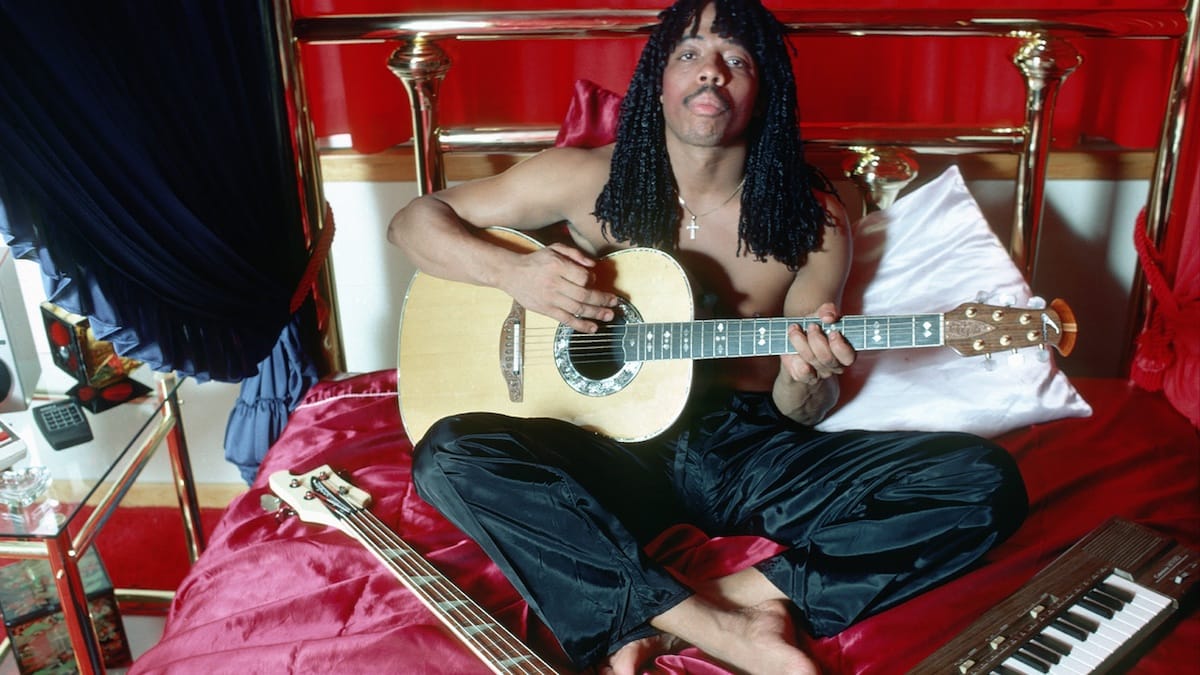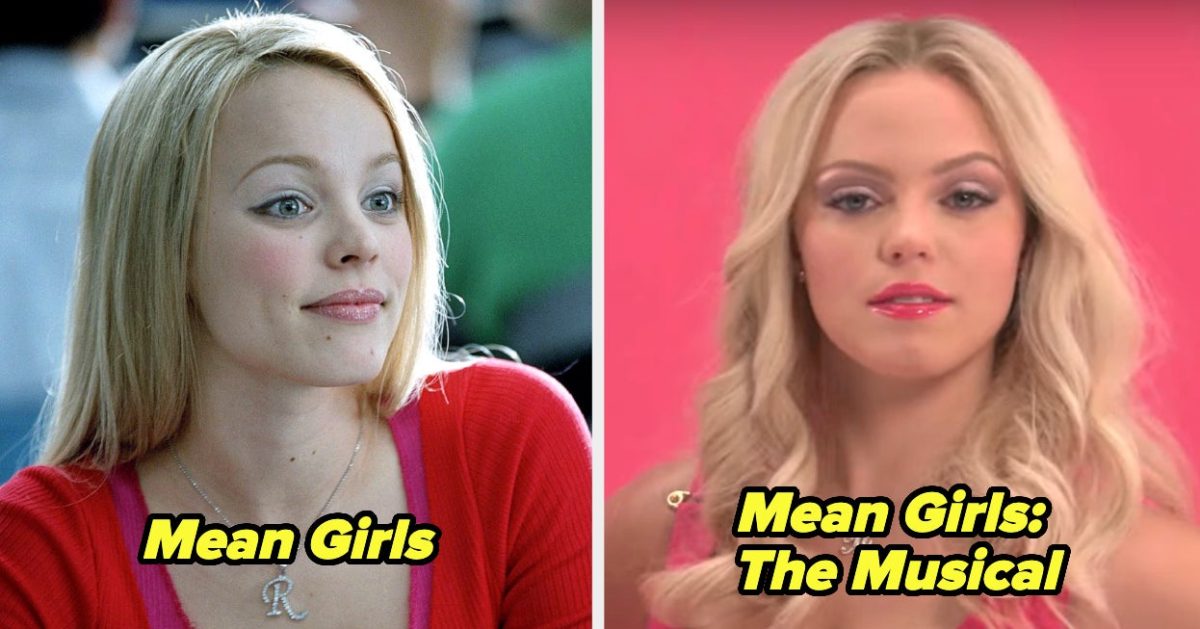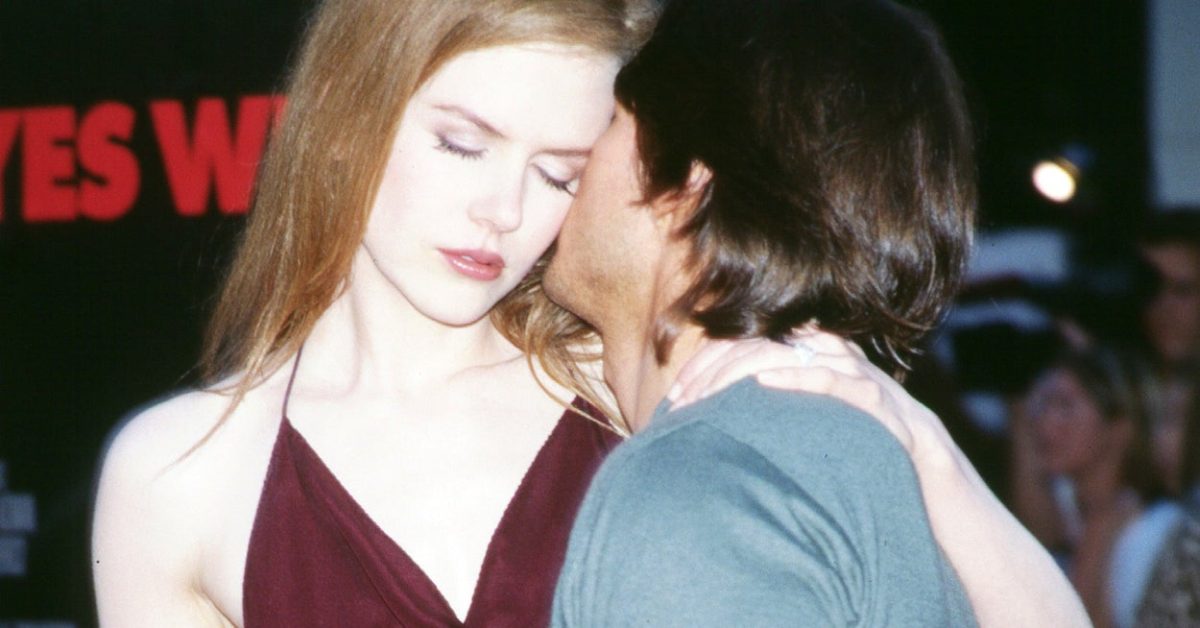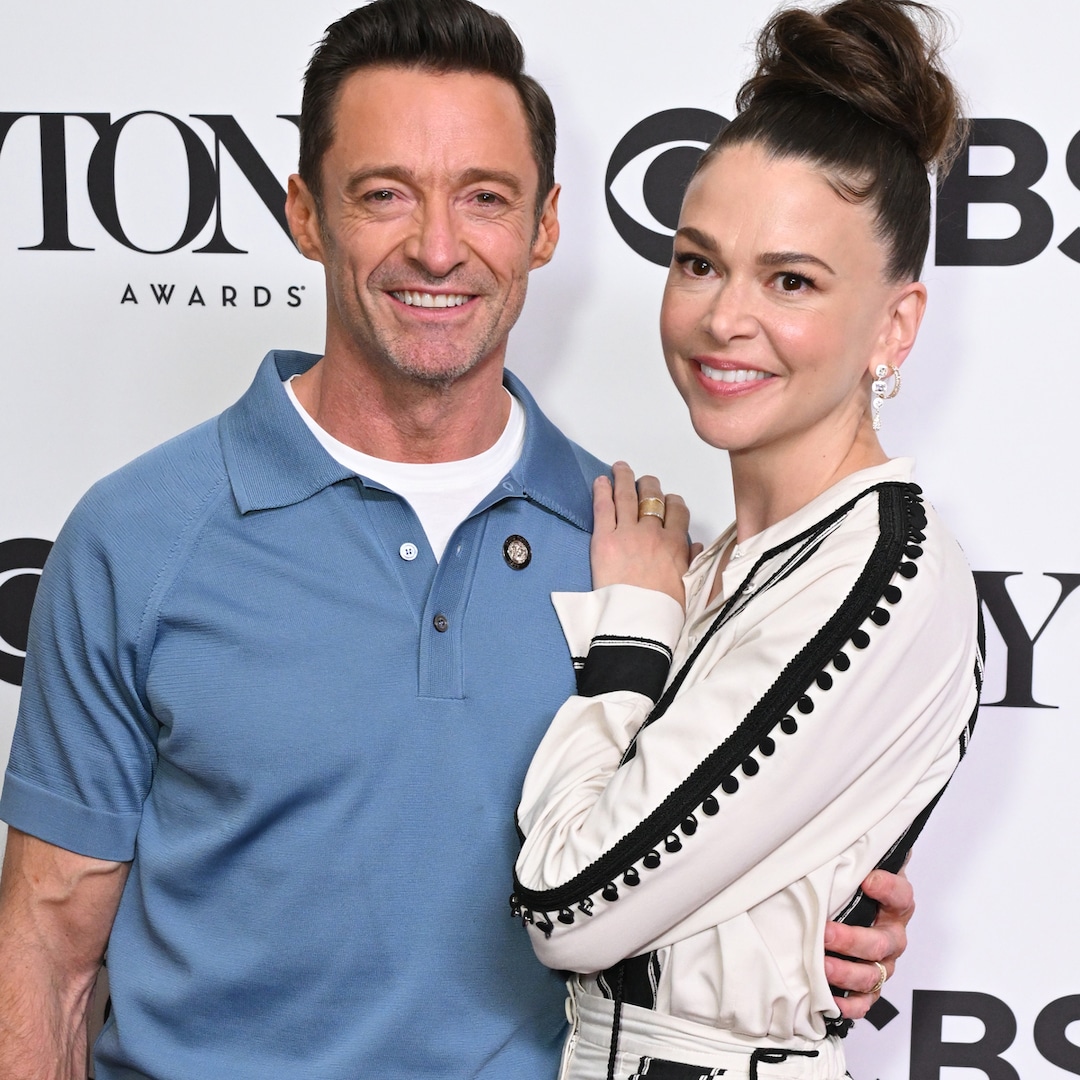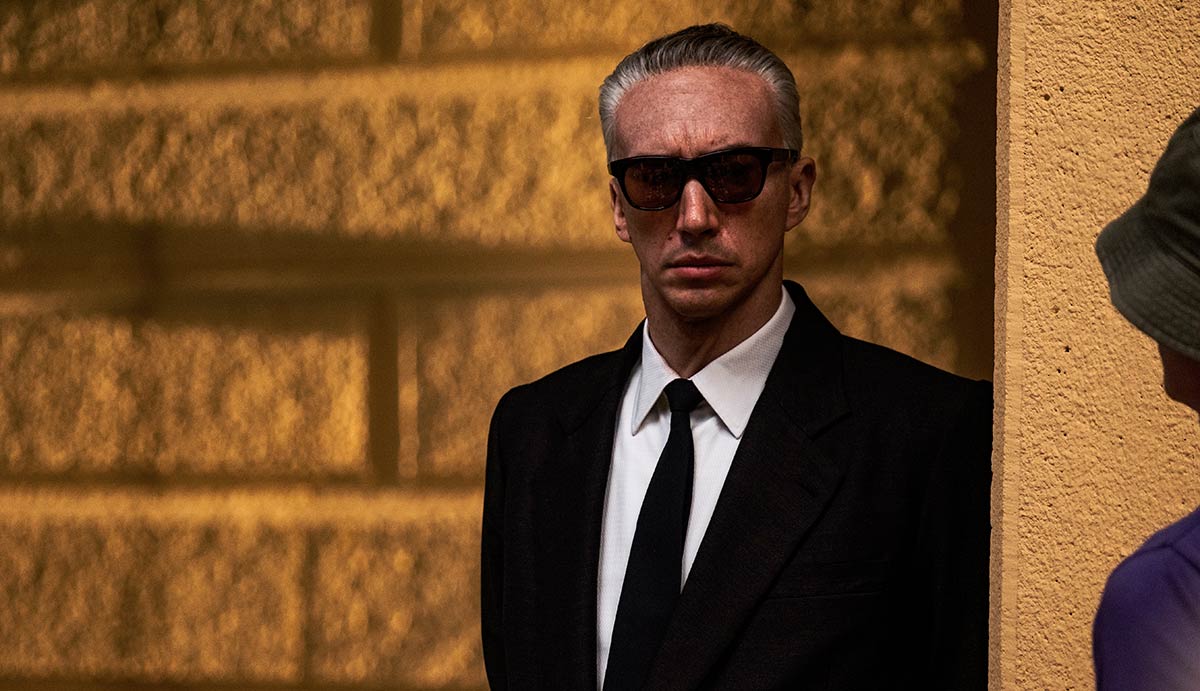
Style & Business Overtake Emotion In Michael Mann’s Biopic About The Italian Automobile Tycoon [Venice]
Sep 1, 2023
Watching Michael Mann’s “Ferrari,” one may wonder whether it’s even possible to make a film about an Italian figure and have it not be at least 80% about style. An admittedly rather inane thought, but one made a little more legitimate by the central presence of Adam Driver as the titular Enzo Ferrari. The American actor now plays an Italian figure for the second time, but his performance here, to a much higher degree than in Ridley Scott’s “House of Gucci,” truly does revolve around giving the appearance of possessing some kind of Italian essence. Like the other actors in the film (most of the main cast isn’t Italian at all), Driver puts on a faint Italian accent and adopts Italian intonations, but also certain gestures which, in a figure as stoic as Ferrari, naturally stand out.
READ MORE: Venice Film Festival 2023: The 17 Most Anticipated Movies To Watch
Much more noticeable and unusual is the film’s dialogue which, despite being in English, employs turns of phrase that are unmistakably Italian. “I was seeking to introduce myself,” says Alfonso De Portago (Gabriel Leone), an eager Spanish driver who accosts Enzo early in the film while he’s in his car, stopped at a light. “Yes, but the light, it turned green,” comes Enzo’s curt reply. But then, “Ferrari” wouldn’t be a true Michael Mann film if it wasn’t not only stylish, but also, to a degree, about being stylish. “Things that work better also tend to look better,” Enzo tells his young son Piero in one scene: the soft edges inside the motor not only make it more powerful, but also more pleasing to the eye.
It is therefore fair to wish that “Ferrari” itself could be more beautiful, and likewise “work better” — the sharp edges of its construction are not conducive to the kind of combustion that could truly make it go the distance. Like style, one expects an endearing earnestness from a Mann film, and watching emotionally stunted men discuss love or beauty, like Enzo does during the motor discussion with his son, is always delightful. But all this beauty and sincerity gets undermined by strangely unfocused, dispassionate storytelling. And coming from a filmmaker like Mann, that’s a big surprise.
The film begins in 1957, ten years into the existence of car manufacturing company Ferrari, and the brand is already well-established. Enzo, the boss, gets recognised on the streets of Modena, and his cars sell to various billionaires. But what he truly cares about, the audience is told, is racing: learning that competitor Maserati is out to beat Ferrari’s speed record, Enzo immediately gets his racers on the track to train themselves to go even faster than before. Cinematographer Erik Messerschmidt (David Fincher’s “Mank”) emphasizes the dangers of the sport, placing his camera right next to drivers’ heads as their bodies violently shake and tremble from the automobiles’ movements. They look like ragdolls, holding firmly and desperately to a wheel that only controls the vehicle to a certain degree — and as we later find out the hard way, the road also has its own designs.
When the dangers of the road inevitably lead to a deadly accident, the film cuts away from the scene as quickly as if the driver had simply ended his laps, parked and turned off the engine. The intention may be to transcribe Enzo’s own emotionally closed-off attitude — “would it bring the boy back?” — but it only feels awkward and rushed. Several times, the film addresses the human cost of this race for success, most spectacularly in a shocking scene of carnage in its second half. But “Ferrari” does precious little with it — this simply isn’t a dilemma for Enzo at all. A scene where he urges his drivers to take more risks comes across as cliched because it has no real connection to the emotional core of the protagonist, or to the film itself.
The only true problem facing Enzo when it comes to his company is making sure it may continue to exist. The audience learns early on, through Enzo’s accountant — essentially a mouthpiece character who regularly delivers plot information, in a most crude and inelegant way — that the company is in debt. The solution? To partner with another company, but in order to have the best terms, Ferrari must be the best. The tension this creates, between pushing the drivers and making sure they don’t die (that would be bad publicity), isn’t very original, sexy, exciting, or even convincing. After all, and “Ferrari” demonstrates this well, anything may happen during a race, for any number of reasons. Alongside the deadly cost of the sport, it’s another moot point that the film nevertheless highlights as though it was a true source of tension.
In parallel to the racing story in “Ferrari” is the much thornier drama of Enzo’s personal life. The first time we see him, he’s in bed, waking up next to a woman then looking in on her sleeping son, before pushing his car out of the driveway so as not to wake them when he leaves. It’s a lovely scene of Mann-like tenderness — Enzo loves them, yet he has to go — but all isn’t as pure as it seems. This woman, it turns out, is Enzo’s mistress, and his wife and business partner Laura (Penélope Cruz) is waiting for him at home. In a ludicrous scene that recalls Al Pacino’s TV-centric outburst in “Heat,” she threatens to shoot him with a gun not because he is cheating, but because he has broken his promise to be back home before the maid gets in. Yet Cruz’s full-bodied performance never feels mannered or cliché, in part because Laura goes on to feel much more complex emotions as she cottons on to Enzo’s infidelities. The other woman, Lina Lardi (Shailene Woodley), is different from “the others” because Enzo is in love with her, and they have a son together, Piero. In parallel with Enzo’s efforts to win the Mille Miglia race, we watch Laura discover the extent of his lies, and decide what she will ultimately do about it.
In another film, the fact that even this personal story would ultimately revolve around the fate of the company could have been a rather elegant touch, part of a niftily crafted story about how family and business entangle its members. In “Ferrari,” it feels forced, convenient, and even a little disappointing to see that at the end of the day, it’s all about business. One of the major question marks hovering over Enzo during the entire film is whether he will be able to recognize Piero as his own son. For a long time, it seems a matter of doing what’s best for the child: a trace of humanity in a film otherwise uninterested in it. But by the end, it has largely become about doing what’s best for the company. Despite all the broken hearts and bloodshed, the final on-screen text focuses on the continuation of the Ferrari lineage. If racing is a passion, in “Ferrari,” it comes across as the death drive. [C]
Follow along with all our coverage of the 2023 Venice Film Festival.
Publisher: Source link
Broadway Musicals Vs Movie Adaptations Poll
Just like many actors work in both film and theater, so do many famous stories. Over the years, plenty of Broadway shows have been adapted into movies, and plenty of movies have been adapted into Broadway shows. Now, we ask…
Jan 15, 2025
Hailey Bieber and Justin Bieber Share Photos of Romantic Aspen Getaway
Justin Bieber and Hailey Bieber are snow in love. The “Peaches” singer shared a collection of photos taken as the couple—who welcomed son Jack Blues Bieber in August—enjoyed a recent winter getaway in Aspen, Colo. In the final photo of…
Jan 15, 2025
Nicole Kidman’s Viral Getty Image Catalog
Nicole Kidman's Viral Getty Image Catalog Nicole Kidman has stepped back into the limelight to promote the new A24 erotic thriller Babygirl — and she’s looking as radiant as ever. The Academy Award-winning star has had an incredibly storied career,…
Jan 14, 2025
Hugh Jackman and Sutton Foster Have Steamy Makeout Session
The Music Man's final curtain call was in January 2023. But it wasn't the only thing to come to an end. In September of that year, Jackman and his wife of 27 years Deborra-Lee Furness announced their split."We have been blessed…
Jan 14, 2025



